Student Essay Contest Winner: Mrs. Z
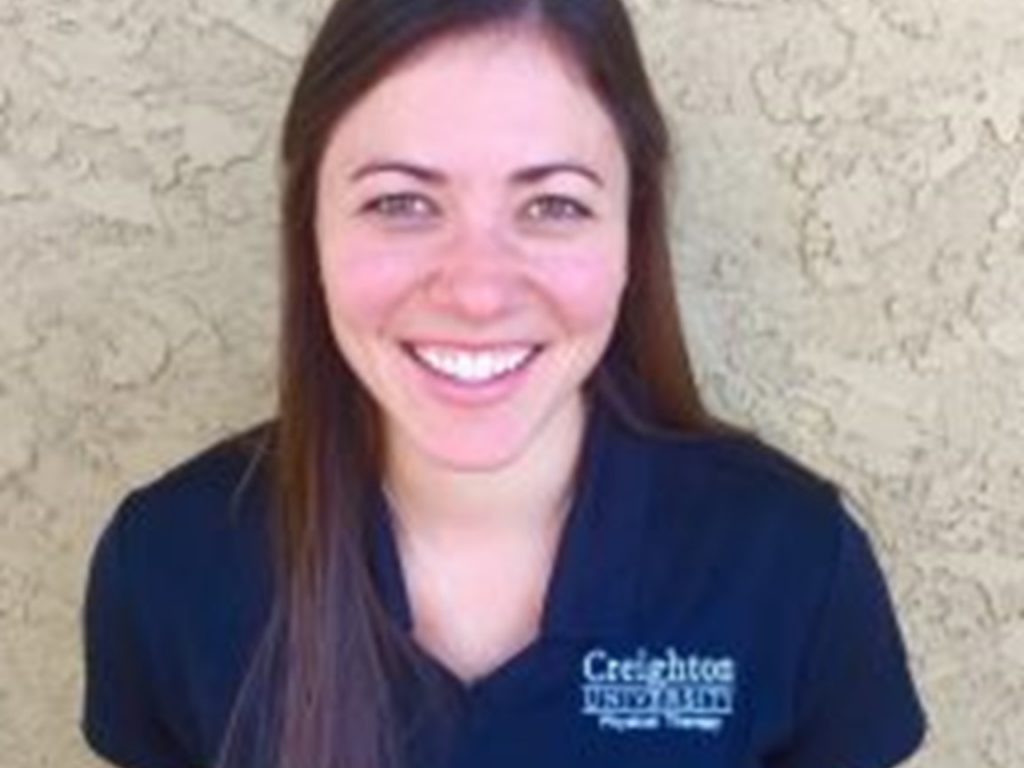
Congratulations to Creighton Doctor of Physical Therapy Program graduate student, Hayley Rieger, the winner of the inaugural physical therapy essay contest, co-sponsored by the ACAPT Consortium for the Humanities, Ethics, and Professionalism (CHEP) and JHR! She reflects how her patient taught her that “helping someone reach their full potential means hearing the song in their heart and finding a way to sing it back.”
Bringing Therapy Home: Book Review of One Hundred Names for Love
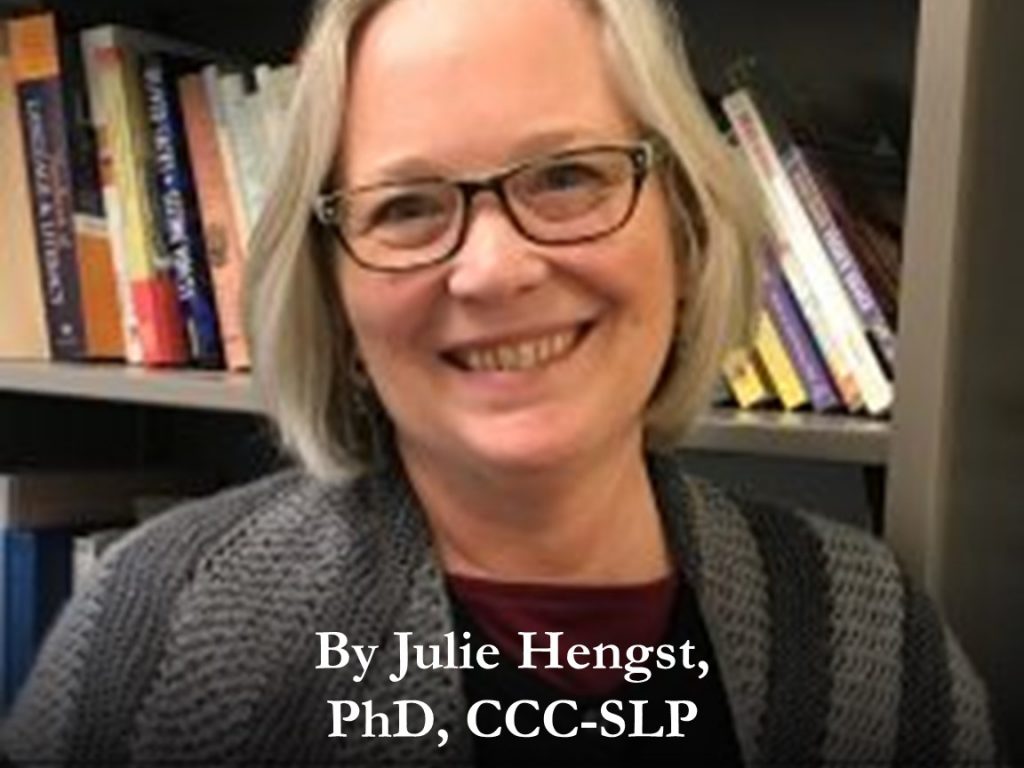
Professor Julie Hengst, PhD, reviews One Hundred Names for Love: A Stroke, a Marriage, and the Language of Healing, by Diane Ackerman. The book chronicles how Ackerman responded to her husband’s aphasia by turning their home into an enriched rehabilitative environment that challenged his cognitive functions daily, and achieved inspiring results.
Insights from the Margins of Thought and Experience

Welcome to the Spring 2018 Issue of the Journal of Humanities in Rehabilitation. We explore how agents of change are frequently those individuals or communities, creatively and courageously asking challenging questions and seeking new perspectives.
Introducing a New Section of JHR Dedicated to ‘Critical’ Rehabilitation Research and Scholarship
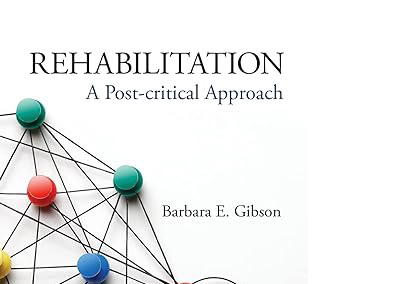
Jenny Setchell, PhD, BScPT and Barbara Gibson, PhD are co- editors of a new section in JHR dedicated to publishing research and scholarship that employ critical perspectives on rehabilitation. They seek submissions applying critical, post structural, or postmodern theories including original research, think pieces, and theoretical discussions of the philosophical basis of rehabilitation practices, education and/or research.
See Me

Amanda LaLonde, PT, DPT, GCS shares an original poem that captures the feelings of frightened, defiant patients in an impersonal healthcare system. In her author commentary, she then presents a challenge to herself and her colleagues to return humility, humanity, and empathy to healthcare.
Piloting an Undergraduate Survey Course in Medical Humanities and Social Medicine: Lessons, Tradeoffs, and Institutional Context

Eileen P. Anderson-Fye, EdD, and colleagues report on the development of a pilot undergraduate survey course that offered an overview of disciplinary approaches to health across the humanities and social sciences—and provided rich rewards to participating students.
Neuromuscular Scoliosis (and Resolution) as a Lived Experience for an Adult With Tetraplegia
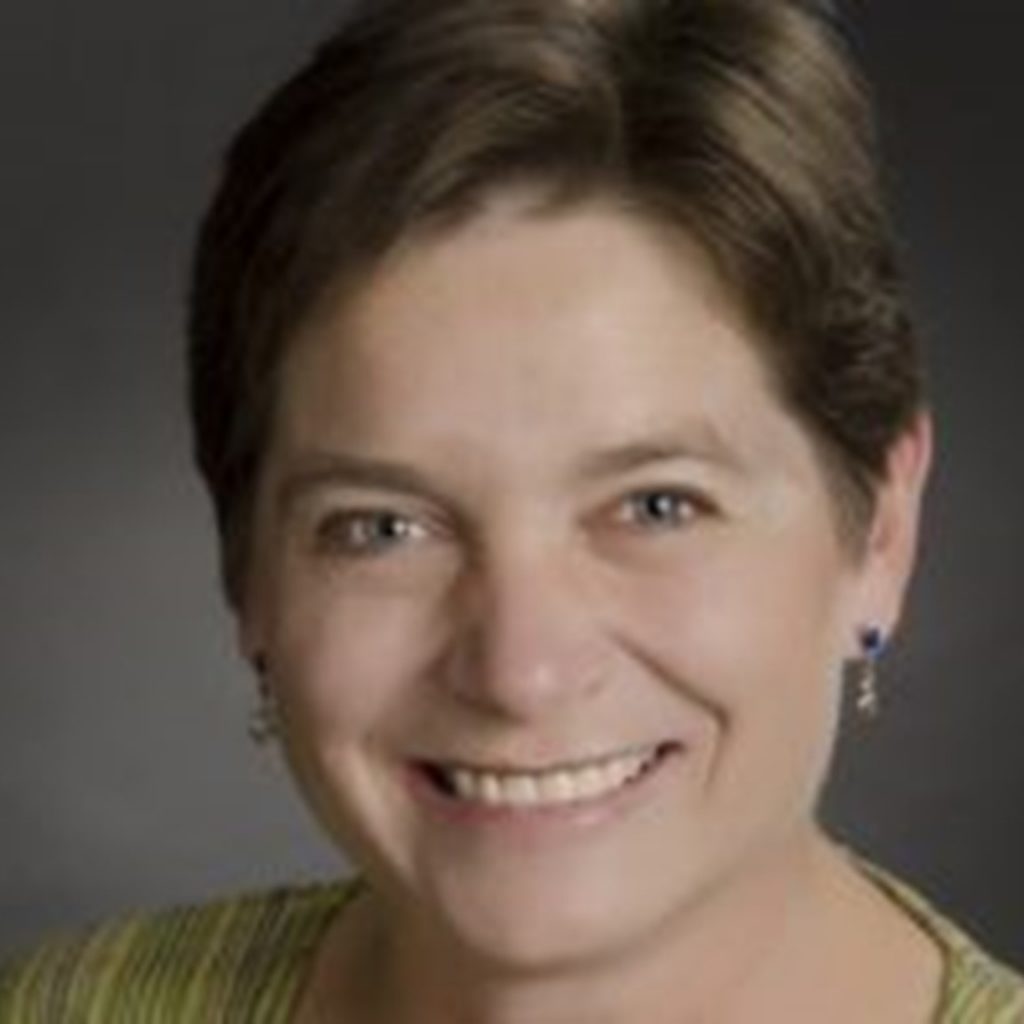
Jennifer Hastings, PT, PhD, NCS, and colleagues present a phenomenological study of the lived experience of an individual with tetraplegia who developed new-onset neuromuscular scoliosis, refused to accept the condition as inevitable, and worked with a seating specialist to regain control of his life.
A Canvas, Some Paint—and a Famous Artist Has Changed the Game of Cardiac Rehab
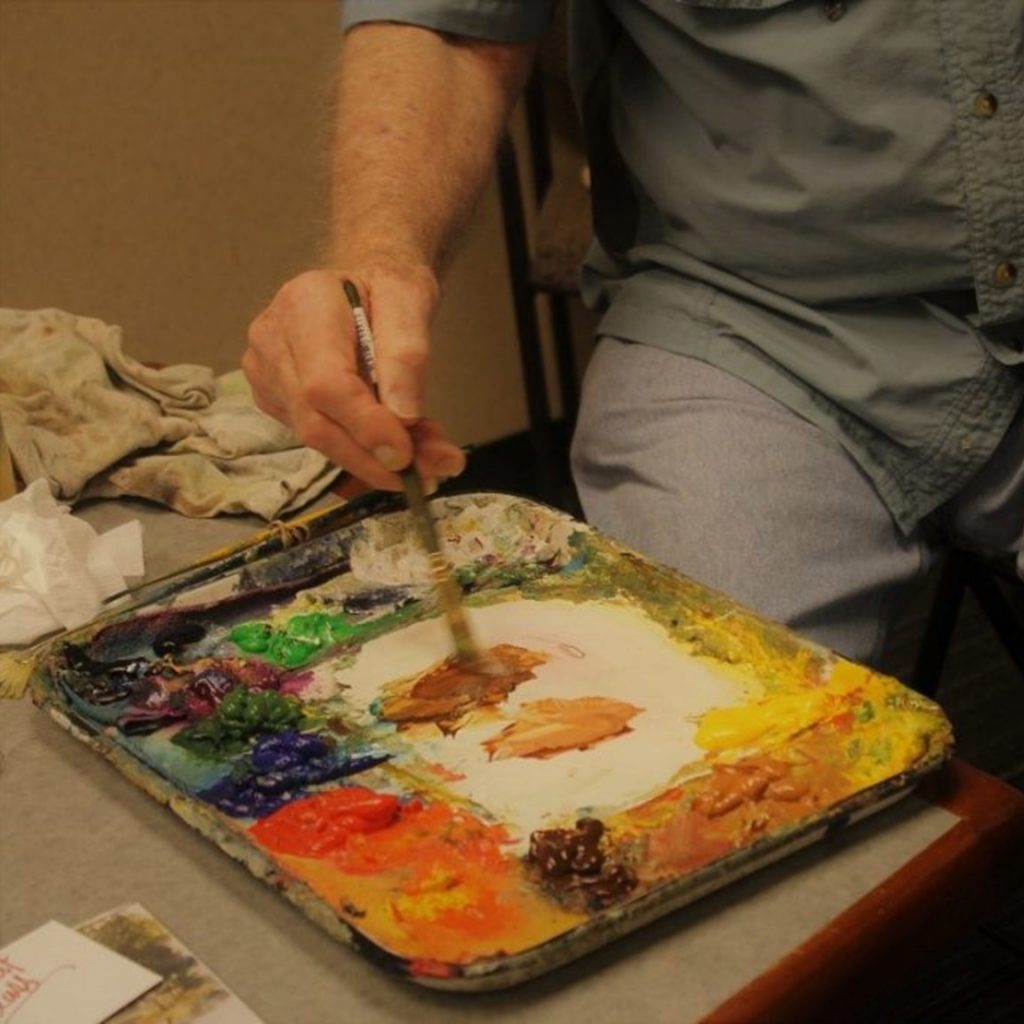
Sarah Smith, SPT, and Kathy Lee Bishop, PT, DPT, report on Art with Heart, a creative program for patients recovering from cardiac surgery. The classes, initiated by artist Wayland Moore following his own triple-bypass surgery, address the healing of the minds and souls of recovering patients.
Healing from ‘Brokenness’: The Story of Corinne
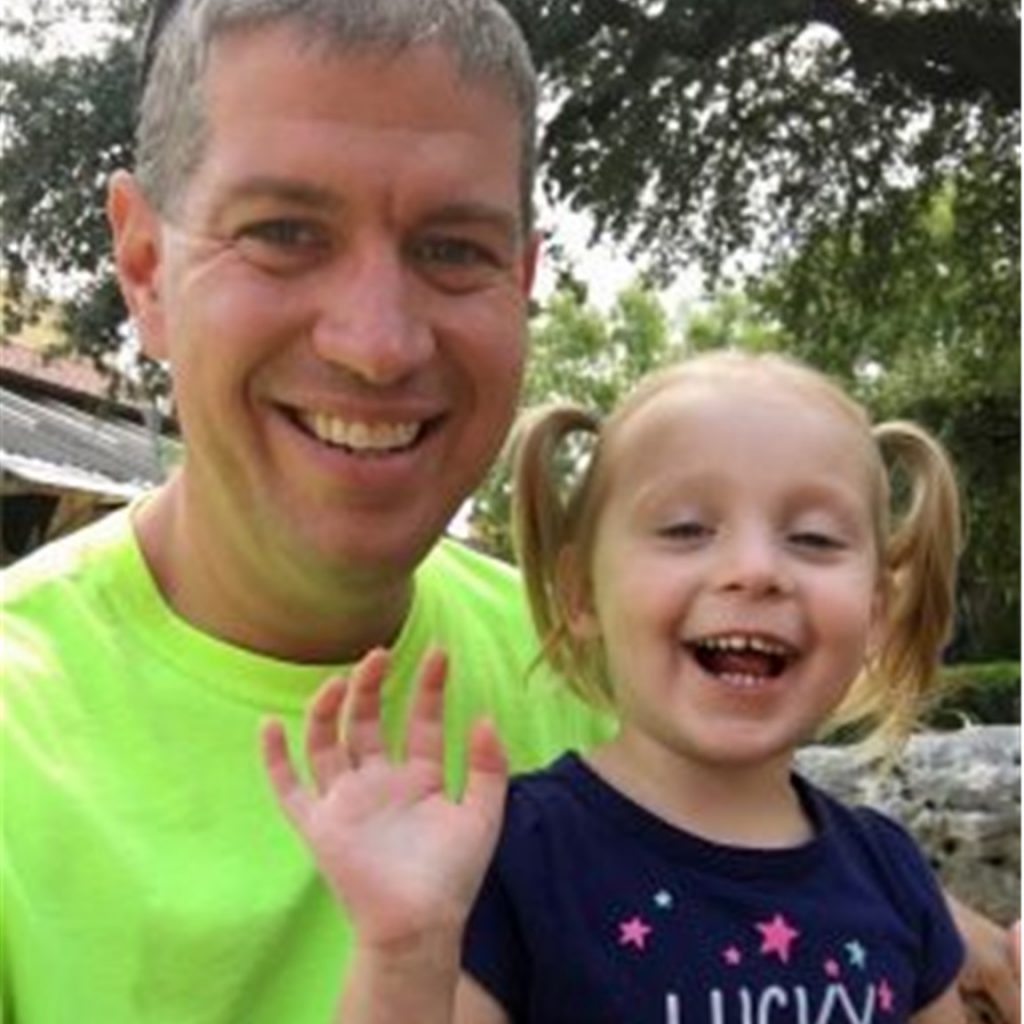
In this tender account of his family’s fostering and later adoption of Corinne, a physically traumatized infant born with neonatal abstinence syndrome, Chad Jackson, PT, DPT, OCS, details how a healthcare provider’s empathy, empowerment, and connection form a crucial aspect of the healing process.
Resources: Spring 2018

Download the article (pdf) Table of Contents What We’re Watching Creating Autonomy-Supportive Learning Environments What is wrong with our current educational system? Why do we so tightly control the environments and choices with learning environments that stifle creativity and ingenuity? In this TED Talk, Jon Stolk, PhD, describes how changing our current education practices can […]

